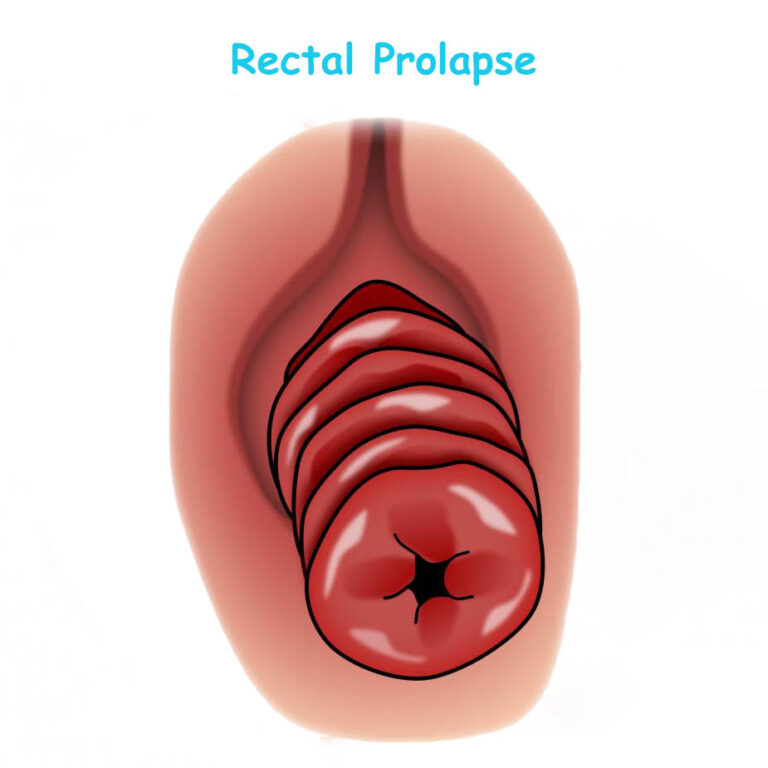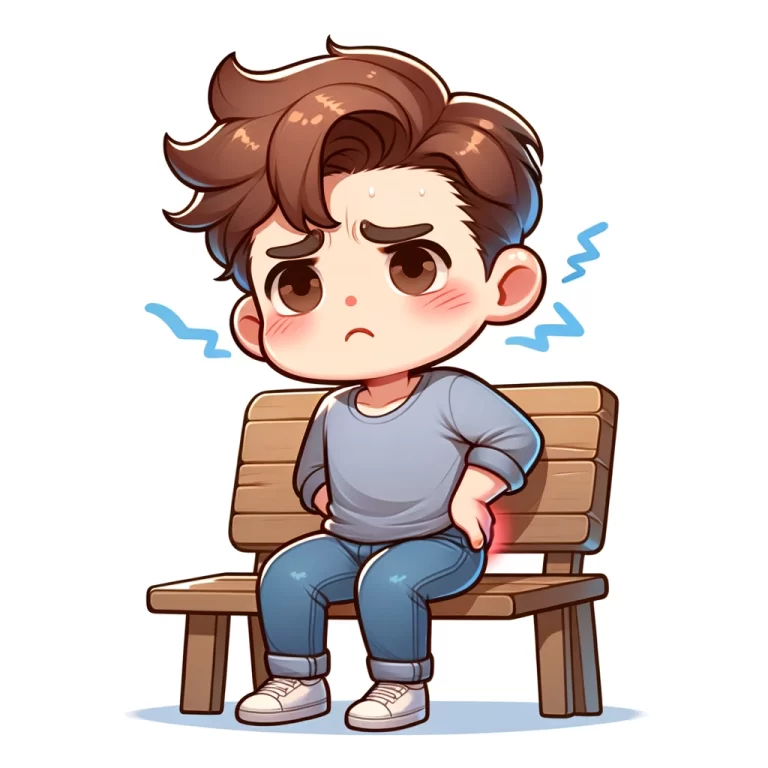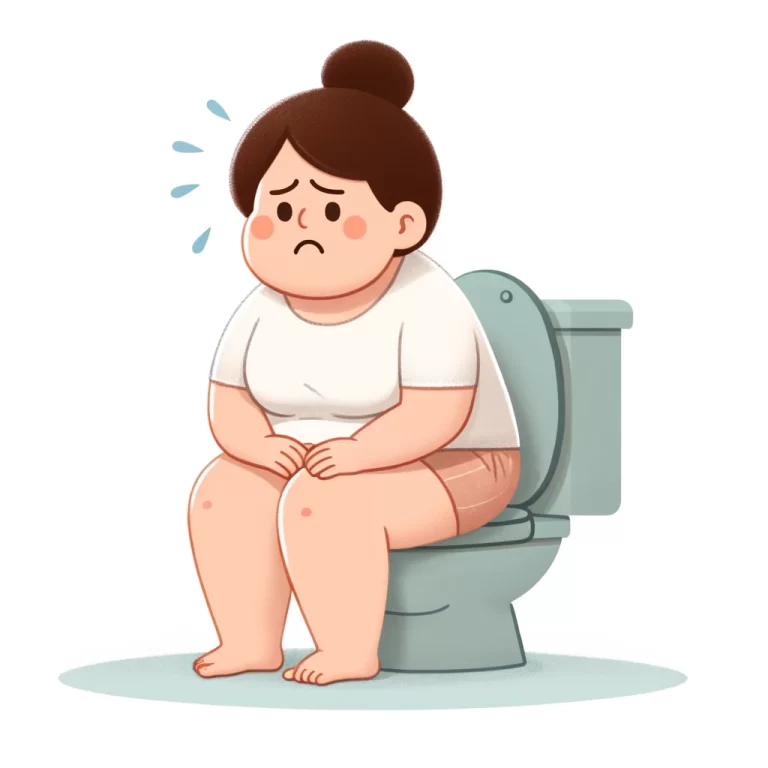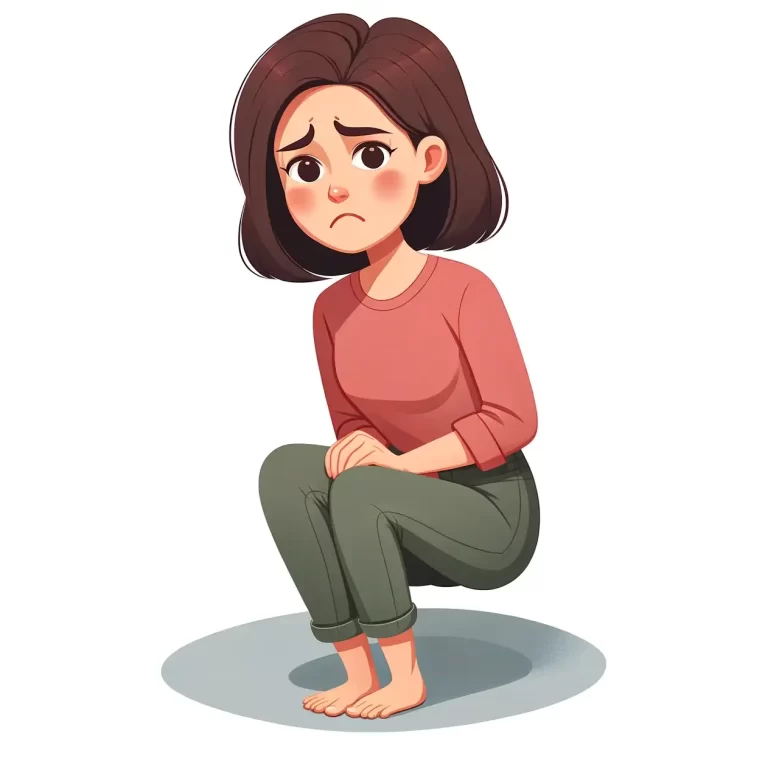Managing Rectal Issues After Hysterectomy: Solutions and Support

Introduction:
A hysterectomy, a surgical procedure involving the removal of the uterus, is a standard solution for various gynecological conditions such as fibroids, endometriosis, or uterine prolapse. While this procedure often brings much-needed relief from these health issues, it’s essential to understand that it can also lead to unexpected challenges, including rectal issues.
The complex network of organs and tissues in the pelvic region means that changes resulting from a hysterectomy can sometimes affect the rectal area. These effects may manifest as discomfort, altered bowel habits, or, more specifically, rectal issues. In this comprehensive guide, we will delve into the causes of rectal problems after a hysterectomy, exploring the intricate relationship between the surgical procedure and rectal health. Additionally, we will provide valuable insights into traditional and holistic products and remedies that can offer relief, support, and a path toward a more comfortable and fulfilling post-hysterectomy life.
Understanding the nuances of rectal issues post-hysterectomy is the first step toward addressing them effectively. We will explore various aspects of these challenges, empowering you with knowledge to make informed decisions about your health and well-being. Whether you’ve recently undergone a hysterectomy or are considering one in the future, this guide aims to provide you with the information and resources you need to navigate potential rectal issues with confidence and resilience.
Understanding Rectal Issues After Hysterectomy:
Rectal issues following a hysterectomy can be multifaceted, encompassing a range of symptoms and conditions that can significantly impact a person’s quality of life. It’s crucial to gain a comprehensive understanding of these issues to effectively manage and address them. Here, we delve deeper into the various rectal issues that can arise after a hysterectomy:
1. Constipation:
One of the most common rectal issues experienced after a hysterectomy is constipation. This occurs due to the surgical alterations made to the pelvic anatomy, which can sometimes disrupt the regular bowel movements that we often take for granted. The repositioning of organs during surgery, coupled with the healing process, can lead to a temporary slowdown in the digestive system. This can result in infrequent bowel movements, hard or difficult-to-pass stools, and a sense of discomfort and bloating.
2. Rectal Prolapse:
Rectal prolapse is another potential complication following a hysterectomy. In some cases, the rectum may shift or protrude from its normal position, causing significant discomfort and, in severe instances, prolapse. This condition can be distressing and may lead to symptoms such as a feeling of fullness in the rectum, discomfort during bowel movements, and a visible protrusion from the anus. Rectal prolapse can be caused by the surgical changes in pelvic support structures during a hysterectomy.
3. Hemorrhoids:
Increased pressure on the pelvic area, a common consequence of a hysterectomy, can contribute to the development or worsening of hemorrhoids. Hemorrhoids are swollen blood vessels in the rectal and anal region, and they can cause pain, itching, bleeding, and discomfort. The strain on the rectal area during post-surgery recovery or bowel movements can exacerbate existing hemorrhoids or lead to their formation.
4. Pelvic Floor Dysfunction:
A hysterectomy can also impact pelvic muscle tone, which plays a vital role in maintaining rectal and pelvic health. Changes in pelvic muscle tone post-hysterectomy may result in pelvic floor dysfunction. This dysfunction can manifest as difficulty controlling bowel movements, urinary issues, and even sexual dysfunction. It can significantly impact rectal function and lead to a range of symptoms, including incontinence or straining during bowel movements.
Traditional Products for Relief of Rectal Issues After Hysterectomy:
- Fiber Supplements: Over-the-counter fiber supplements like Metamucil can help soften stools and ease constipation.
- Stool Softeners and Laxatives: Medications like Colace or Miralax can promote regular bowel movements.
- Hemorrhoid Creams: Over-the-counter creams containing hydrocortisone can relieve hemorrhoid symptoms.
- Prescription Medications: In some cases, your healthcare provider may prescribe medications to manage rectal issues.
Holistic Products for Support and Relief of Rectal Issues After Hysterectomy:
- Probiotics: Probiotic supplements can promote gut health and alleviate digestive issues.
- Pelvic Floor Physical Therapy: A pelvic floor physical therapist can provide tailored exercises and guidance to address pelvic floor dysfunction.
- Herbal Remedies: Natural remedies like aloe vera or witch hazel can provide relief from hemorrhoid symptoms.
- Dietary Adjustments: Incorporating a high-fiber diet and staying hydrated can improve overall digestive health.
Seeking Professional Guidance:
It’s essential to consult with a healthcare provider if you experience rectal issues after a hysterectomy. They can assess your specific condition and recommend appropriate treatments. These treatments may include medications, physical therapy, or surgical interventions in severe cases.
Connect, Share, and Thrive: Join Our 'Rectal Forum'
In our "Rectal Forum," no topic is too small or too unique – from the nitty-gritty of anal zits and mysterious red bum bumps to the intricacies of complex surgeries. It's a safe and understanding place to chat about all things rectal health. Whether you're seeking advice, sharing your own story, or curious about care options, our community embraces it all with open arms. Dive into engaging discussions, learn from shared experiences, and find the support you crave. Check out our 'Rectal Forum' to join in and feel connected. And remember, no rectal health topic is off-limits in our uncensored forum. Visit the 'Rectal Forum' to learn more and connect.
Conclusion:
Experiencing rectal issues after a hysterectomy can be distressing, but it’s important to remember that there are solutions and support available. Whether you opt for traditional products or holistic approaches, consult with healthcare professionals to ensure you receive the most effective treatment. Relief and comfort are attainable, and with the right approach, you can regain control of your rectal health after a hysterectomy.
Affiliate Disclosure: At www.rectalissues.com, we're part of the Amazon Services LLC Associates Program and several other affiliate programs. This means we may earn a commission from qualifying purchases made through our links. These partnerships help us continue delivering valuable advice and product recommendations. Any product we suggest is one we truly believe in. Thanks so much for your support.





